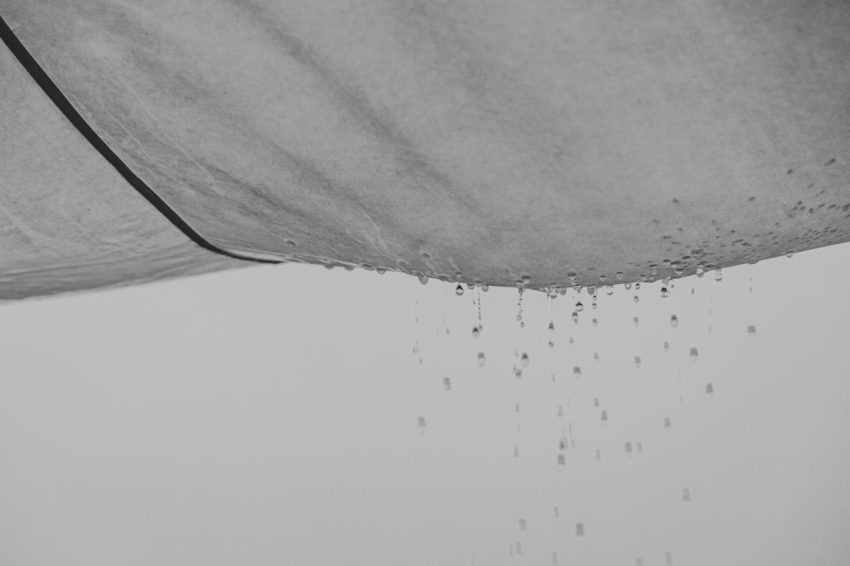Water leaks can pose a significant threat to any household, leading to costly repairs and potential damage to your property. Whether it’s a slow drip or a sudden burst, leaks often go unnoticed until they have already caused notable harm. Taking proactive steps to prevent such issues not only saves money but also helps protect your home from long-term structural problems. If you live in Bagshot, professional leak detection Bagshot services can help identify hidden leaks early, preventing extensive damage and unnecessary expenses. Here’s how you can safeguard your home against water leaks effectively.
Understanding Common Causes of Water Leaks
Identifying the root causes of water leaks is a critical first step in prevention. Plumbing failures such as damaged pipes, corroded fittings, or loose connections are frequent culprits. Ageing pipes, for instance, tend to weaken over time, making them increasingly prone to leaks. Additionally, high water pressure can place unnecessary stress on both pipes and connectors, which can lead to failures. External factors such as shifting foundations or freezing temperatures can cause further wear and tear.
Another major source of leaks is deteriorated seals around appliances, sinks, and baths. Over time, the materials used to seal these areas can degrade, leading to gaps where water can seep through. Blocked gutters and improperly directed downpipes can also contribute, allowing excess water to flow towards your property’s foundation and infiltrate through cracks.
Conducting Regular Maintenance and Inspections
Consistently monitoring your home’s plumbing and water systems is one of the most effective measures you can undertake to prevent leaks. Start by visually inspecting exposed pipes, especially in areas prone to moisture such as under sinks and in basements, for any signs of corrosion, cracks, or water pooling. Pay attention to your water bill; unexpected increases may indicate an undetected leak somewhere in your system.
Appliance maintenance is equally important. Items such as washing machines, dishwashers, and water heaters should have their hoses and seals inspected periodically. Replace any worn-out components promptly to avoid complications. Additionally, clearing your gutters regularly prevents water build-up and stops unnecessary pressure from forming around your home’s foundation.
It’s also wise to monitor the water pressure in your home. Invest in a quality pressure gauge to ensure it stays within a safe range. Excessively high pressure can strain your plumbing, leading to leaks or pipe bursts over time. If needed, a pressure-reducing valve can be installed to maintain an appropriate flow.
Investing in Preventative Devices and Repairs
Modern advancements offer several smart solutions for detecting and preventing water leaks. Devices such as leak detectors can be installed in vulnerable areas to alert you when moisture is detected, allowing for immediate action. These sensors can connect to mobile devices, giving you real-time updates even when you are away from home.
Another strategy is to replace outdated pipes and fittings if they show signs of age or damage. While it may seem like a significant upfront expense, addressing potential points of failure helps prevent future leaks and extends the lifespan of your plumbing system.
Proper insulation can also prevent leaks during colder months. Pipes that are not adequately insulated may freeze and burst when temperatures drop. Covering exposed pipes with foam insulation sleeves is a simple yet effective way to prevent such damage. Furthermore, sealing any gaps or cracks in your home’s exterior can stop water from entering during heavy rainfall.
Protecting Your Home Against Water Damage
Preventing water leaks in your home is a challenge worth addressing with diligence. By understanding the causes of leaks, conducting routine inspections, and utilising modern devices, you can significantly reduce the likelihood of these incidents. Additionally, making timely repairs and reacting swiftly to warning signs helps maintain the integrity of your home’s plumbing.
Water damage doesn’t need to be an inevitable occurrence in any household. With consistent care and thoughtful investment in preventative measures, you can protect your property and avoid the unnecessary financial strain that often comes with leaks. Keep your home safe, dry, and well-maintained by starting these practices today.

